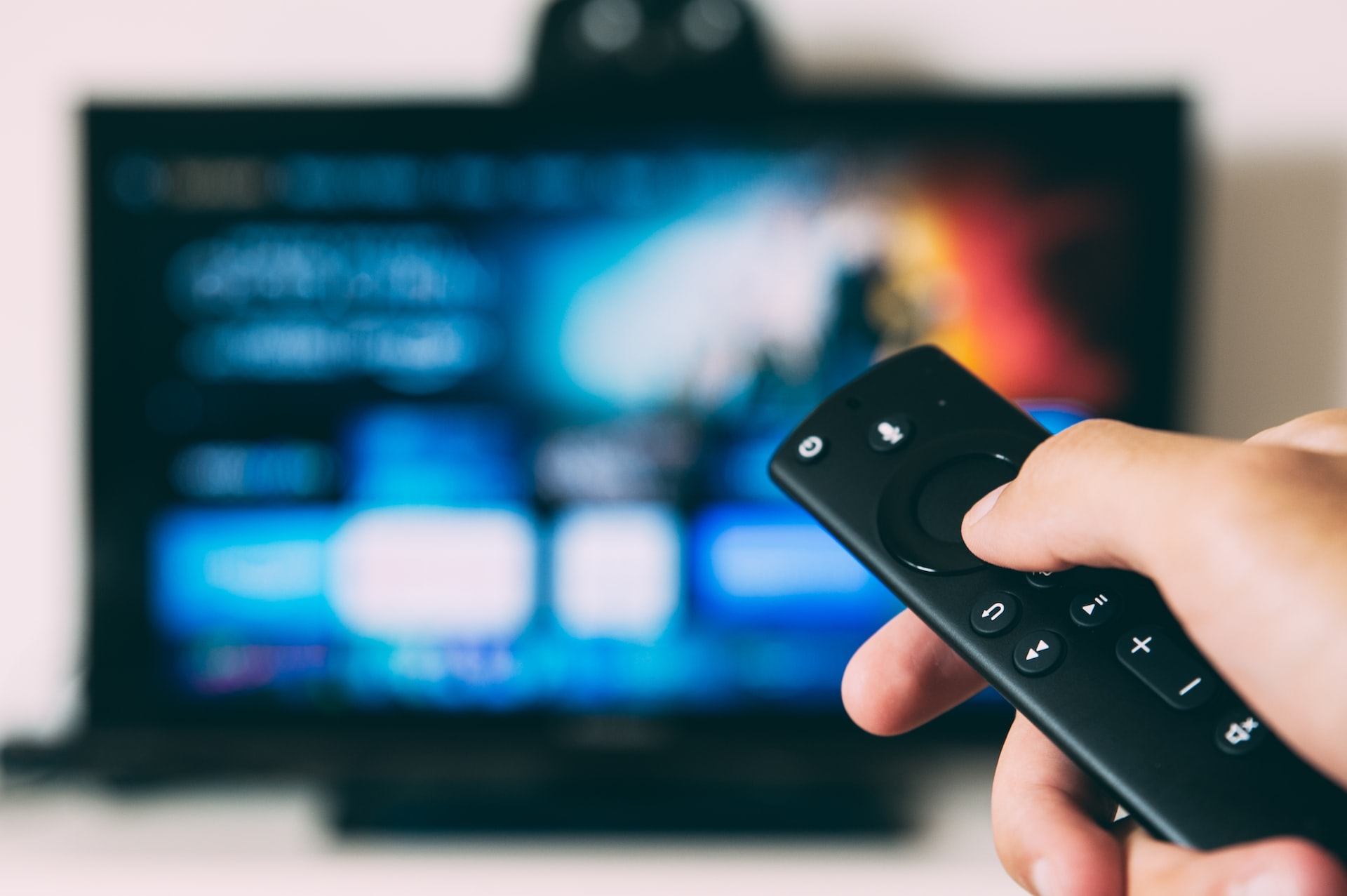
Parents from New Hampshire convened for a ParentConnect zoom meeting to learn about a FREE Accessible Educational Media resources for their children, family, and their teachers.
Research has shown that multimedia improves learning for all students including visual media like videos, movies, and documentaries. Accessible educational media can inspire and engage your child on interesting topics at school and at home. However, it is not always easy to find accessible educational media with high quality captions and audio descriptions for children who are blind of all ages from early learning to preparation for college. We learned about the Described and Captioned Media Program, (DCMP) a Federally funded national program which provides a free online library of over 10,000 accessible, high-quality educational videos for students, their parents, and teachers.
Captioning for people who are deaf and hard of hearing has become universally known but described media for people who are visually impaired and blind is not as widely known. Future In Sight hosted the platform for this recent ParentConnect meeting to help raise awareness about audio description and its necessity to make visual media accessible for blind children.
To learn more about the Described and Captioned Media Program (DCMP), please visit www.DCMP.org
Questions? Contact Cindy Camp at [email protected]
Additional DCMP resources:
- An Introduction to DCMP Media
- Enhanced Learning through Accessible Media
- Recommended Titles for Parents of Children Who Are Blind or Visually Impaired
- Recommended Titles for Parents of Children Who Are Blind or Visually Impaired
Special Education is unique for Children with Visual Impairments. Accessibility to education for her/him is a right under the special education law the Individuals with Disabilities Education Act (IDEA). Accessibility under the law includes Materials, Technology, and the Environment. Through the past couple of years during the pandemic many families experienced a variety of different educational placements from remote learning full time, part time with a hybrid learning model, or attending school full time. Regardless of what educational placement your child has, accessibility to education is your child’s right. As parents we can ensure that an accessible education is provided through the development of your child’s annual Individual Education Program (IEP). More information can be found on FIS website under Educational Guidelines.

